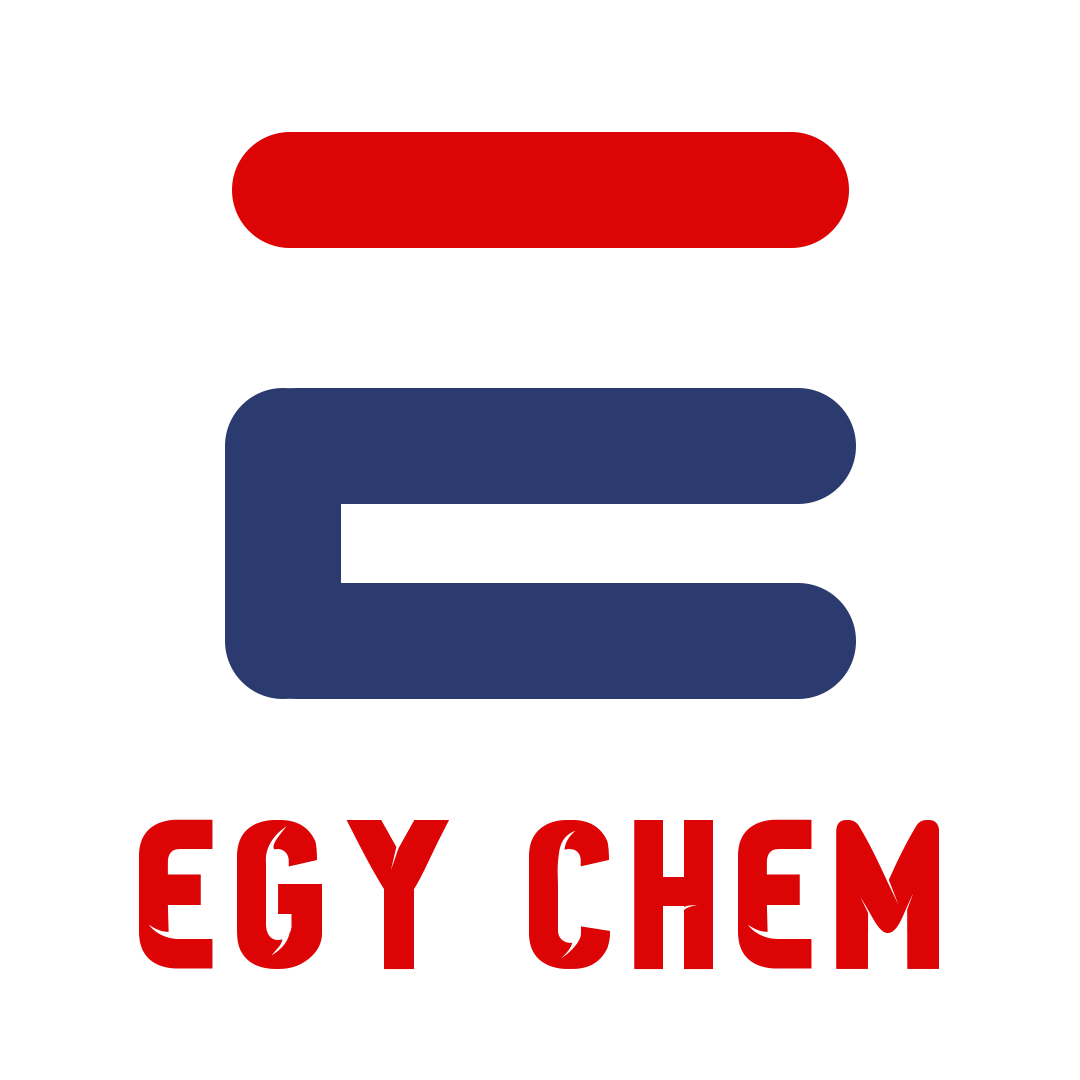1. Different types of PVC:
1. Different types of PVC:
- Accuracy:
- PVC 57 is a kind of plastic resin which is mainly used in the pipe and connection industry. It is characterized by its medium molecular weight, giving it a good balance between durability and elasticity.
- uses:
- It is used in the manufacture of water and sewage pipes, sheeting, and plastic products that require good chemical resistance.
- It is ideal for products that need medium quality standards, and is used in construction applications and health systems.
1.2 PVC 67:
- Accuracy:
- PVC 67 has a higher molecular weight compared to PVC 57, making it more solid and flexible at the same time. It is characterized by its greater resistance to pressure and heat, making it a preferred choice for some industrial applications.
- uses:
- It is mainly used in the industry of water pipes used in irrigation and sewage, gas connections, products that require higher resistance to chemicals and medium temperatures.
- Also suitable in making covers and pipes that need greater bearing capacity for pressure.
1.3 PVC 70:
- Accuracy:
- PVC 70 is a more sophisticated type of resin, it has greater and more solid molecular weight than PVC 57 and PVC 67. This makes it the perfect choice for many applications that require high pressure and heat resistance.
- uses:
- It is used in high pressure water and sewage pipes, as well as tubes exposed to aggressive chemicals or difficult environmental conditions.
- It is also used in electrical cable industry, where PVC 70 has high insulation ability and wire protection from external effects.
2. Common properties of all types of PVC:
- Excellent chemical resistance:
- Polyvinyl chloride has a high ability to resist corrosion and reactions with chemicals, making it ideal in pipes and equipment exposed to harsh conditions.
- Flexibility and toughness:
- The degree of flexibility and hardness of PVC can be controlled by adjusting its composition. For example, PVC 67 and PVC 70 are more solid compared to PVC 57, but all types provide a good balance between strength and flexibility.
- Endurance:
- PVC can withstand medium effects of heat and pressure, and continues to perform for long periods in certain conditions, making it a reliable material in long-lasting applications.
- environmental sustainability:
- PVC is a recyclable material, reducing its environmental impact. It can be recycled and used in the production of new products.
3. Advantages:
- High durability:
- All kinds of PVC have great durability and ability to corrosion and pressure resistance, making it ideal for use in industrial pipes and construction facilities.
- تكلفة منخفضة:
- PVC is a low cost plastic material, Making it an economic choice in many industrial applications.
- Flexibility in use:
- PVC can be adapted to several different applications according to the chemical combinations and mixtures used, Which makes PVC a versatile material.
4. Main Applications:
- Pipe industry and connections:
- Used in water pipes, and sanitation, irrigation systems, Where PVC scores vary depending on the desired pressure. PVC 57 and PVC 67 are often used in medium applications, While PVC 70 is used in pipes that require higher pressure resistance.
- Electric wire and cable:
- PVC is used in electrical insulation, It has a high ability to isolate and prevent external effects.
- Packaging Industry:
- It is used in plastic membrane industry, packing bags, and other products that need flexible and transparent materials.
- Medical Products:
- PVC is used in the manufacture of some medical instruments such as injections and IV bags, In addition to pipe accessories in sanitation facilities.
5. Defects:
- High heat sensitivity:
- Although PVC shows good heat resistance in some types, However, most of its grades do not bear very high temperatures compared to some other plastics.
- Environmental impacts:
- Despite its recyclability, However, the PVC manufacturing process may be contaminated if not done according to strict environmental standards.
